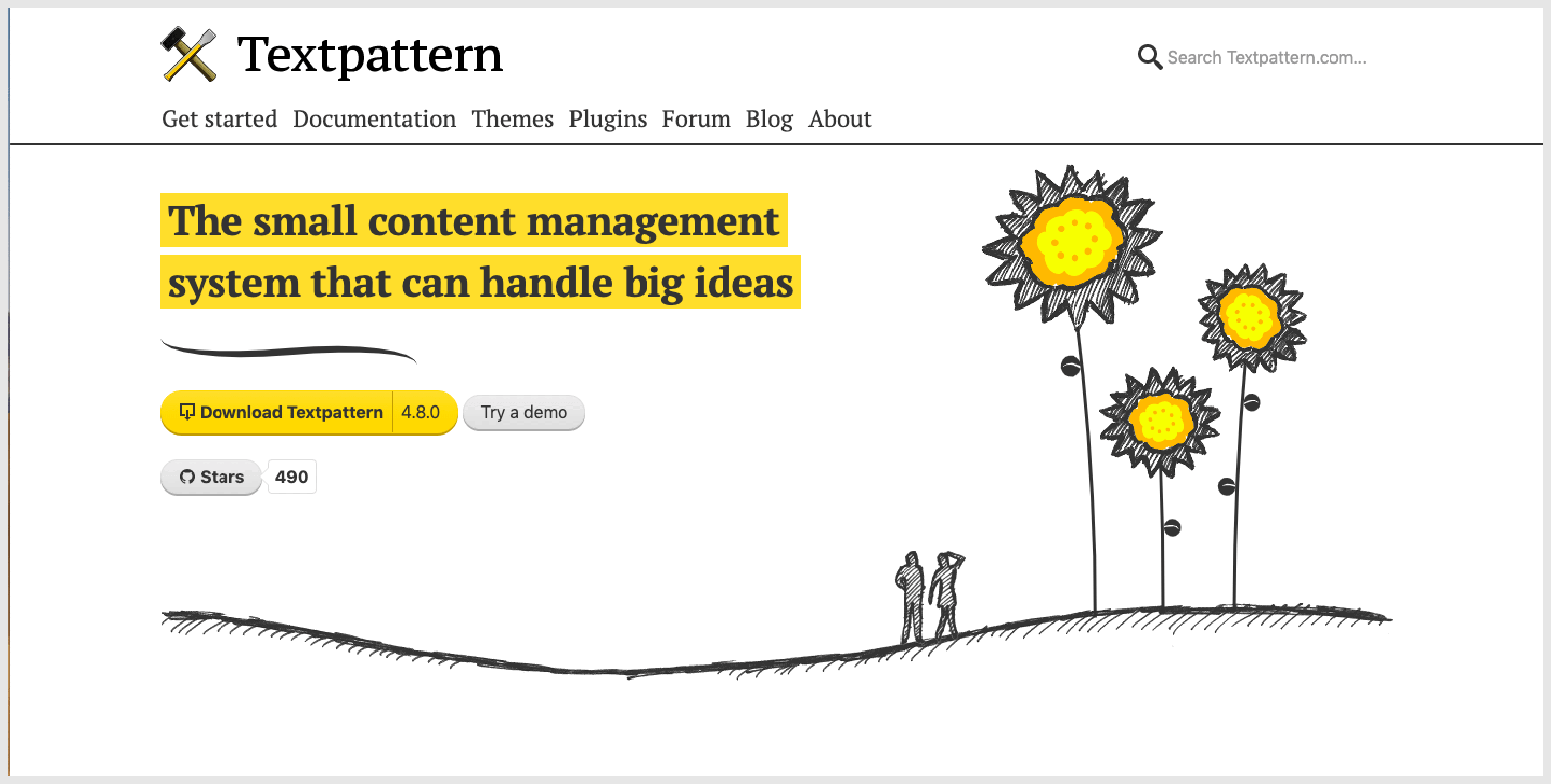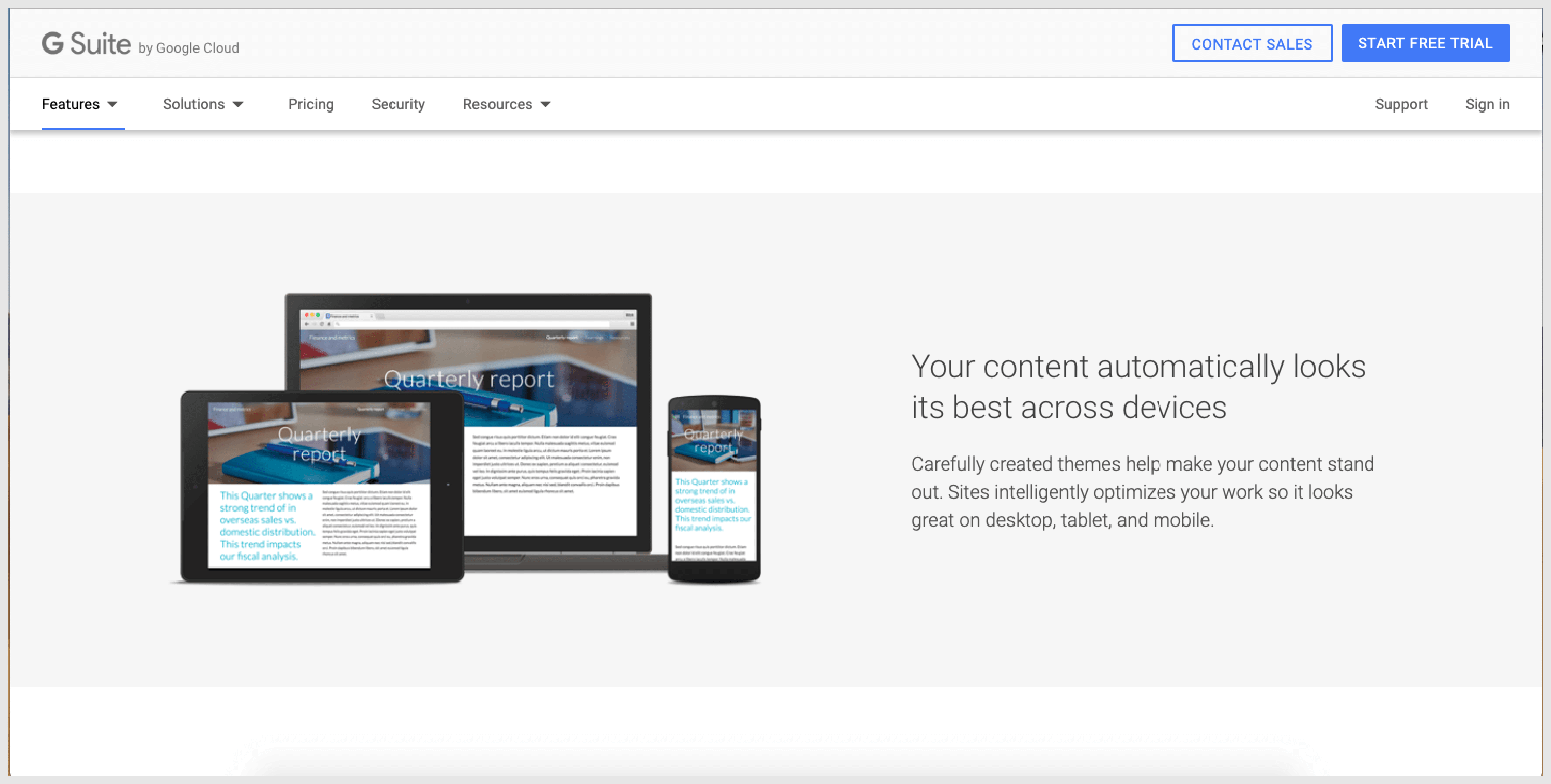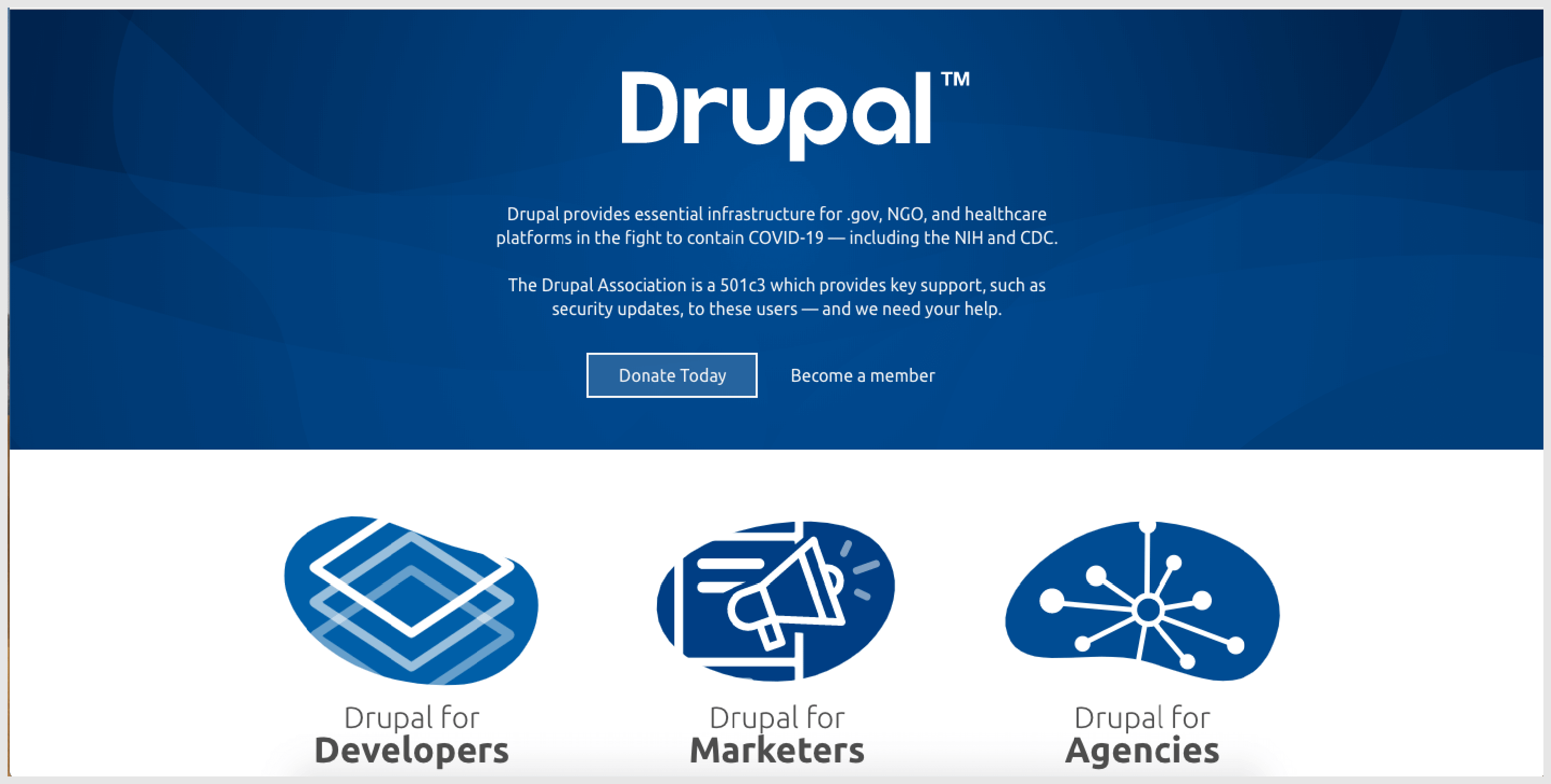Swipe, scroll and click.
That’s how easy it is for the customers to purchase something today. It is therefore imperative to have an impactful virtual space for business in this hugely digitized era. Well, seems like the business world has indeed realised this fact as more and more businesses are trying to establish their online presence with each passing day. In fact, there are zillions of websites today offering diverse services and customers are bombarded with a lot of options.
So, how do you overcome and stand-out amidst this intense competition?
How do you lure maximum visitors to your site?
The answer is – deliver unique, engaging, first-rate website content in every aspect be it design, video or text.
The answer seems simple enough. But is the implementation as simple as it sounds?
Well, frankly, no.
Content Management is no simple task. A lot of time and effort has to be put in to ensure quality and doing it all by yourself will consume a good chunk of your time. You would not be able to focus on other segments of your business, then.
Fret not! A content management software(CMS) can assist you.
What is Content Management Software (CMS)?
A content management software helps you in managing content in the best possible way. `A powerful CMS system will be able to help you in producing engaging, up-to-date content along with ensuring that your site is secure, device-optimized, and garners positive search results.
10 Best Content Management Software (CMS) of 2023
A content management software is imperative to establish a compelling online presence. No second thoughts. You can’t settle down for anything less than the best, then. Well, you don’t have to. We have listed out the 10 best content management tools of 2021. Take a look:
1. WordPress

A list of content management software is never really one if WordPress is not a part of it. One of the CMS leaders, WordPress boasts of thousands of clients, both small and large companies alike. Impressive features, responsive customer support and fitting pricing packages are offered by the tool. Some of the powerful features of WordPress includes SEO management, website management, version control, customisable templates, image editor, video content, comment moderation and analytics.
Though it began as a blogging software, WordPress later developed into a complete content management software with the addition of a multitude of third-party plug-ins, templates, widgets and themes. You also have the provision to leverage the WordPress.com service to host your website on a web host and then start your blog/website for free.
Need to collect visitor feedback on your website? You can do that with a SurveySparrow plugin via Zapier. Moreover, SurveySparrow enables you to collect customer feedback at key stages during their journey on your site, and analyze the results quickly and effortlessly.
SurveySparrow offers a Forever Free plan with limited features, as well as a free trial for users to test out the product. Sign up below to try it out.
14-day free trial • Cancel Anytime • No Credit Card Required • No Strings Attached
2. Joomla

Ensure the quality and monitor all kinds of content published on your website with the help of the popular content management software Joomla.
The open-source CMS, built on a model-view-controller web application framework, is very intuitive and does not pose many difficulties when it comes to its deployment. You can use the tool to create and track text, image, video and even music effortlessly. The software does not demand technical expertise or content management skills to use it. The content management solution provides you with various important features like Document indexing, full-text search, version control, website management, text editor and so on.
3. Drupal
Drupal is clearly one of the best content management tools that the market offers. Often called as a community publishing system, this open-source software, helps power up various online e-commerce and publication platforms.
Drupal is a system optimised to function on the internet as a social medium. You can create simple as well as complicated social networking pages and websites aided by the software. Drupal is a perfect content management software for bloggers too. It also offers features like E-forms, advanced menu management, text editor, video content, audio content, full-text search and website management etc.
4. Wix

Wix offers a complete content management solution for creating stellar websites. If you are looking for a free plan that provides unlimited pages then, Wix is the CMS to go for. The most impressive features of the tool remain Wix Artificial Design Intelligence, that lets you create a site in the most professional manner, Wix Editor that provides advanced functionality along with easy drag and drop options and Wix Code, that lets you create up-to-speed websites and apps.
Along with the aforementioned Wix also provides you with an online store builder, an impressive repository of templates, helps you manage SEO painlessly, facilitates collaborative writing and lets you edit in real-time. Wix allows many third-party integrations to your ecommerce store optimization.
5. Magento

Essentially an e-commerce software, Magento provides CMS solutions for your eCommerce sites. You have access to a lot of customisation abilities, advanced features like SEO management, multiple user accounts, pre-built themes, templates and plug-ins and a series of third-party integrations.
With the help of Magento eCommerce, you can make and handle numerous stores and custom pages along with a myriad of media files and images. If you are managing an eCommerce site, then this open-source content management software would be a great option for you.
6. Squarespace

Establish a powerful and ultra-modern online presence supported by the popular CMS system, Squarespace. The software offers a myriad of options for customizing the pre-built designs. You can effortlessly change colours, fonts, themes, and various other elements of design. Some of the other features offered by this state-of-the-art tool include drag and drop editor, online booking tools, pre-built templates, SEO management, web forms, online store builder, third-party integrations, and powerful analytics.
But that’s not it. Squarespace has a responsive customer support team that responds to you almost immediately via live chat or email. . With all this in place, can resolve your issues faster which makes the management of your online presence much easier.
7. Contentful

The popular Contentful is the next content management software to make it to our list. You can display your content for any purpose almost anywhere, as all the created contents are accessible via the embedded APIs of the platform. The core features offered by Contentful are document indexing, full-text search, version control, Image editor, text editor, digital asset management and collaboration tools etc.
Developers can deliver the content in the programming language and template framework that they choose while there is an easy-to-use editing interface for authors to manage content.
8. Textpattern

If you are all for getting your online site up and running with minimal overhead costs, then the free, open-source content management software Textpattern is one of your best bets. Textpattern employs built-in tags in order to decide how the retrieval and display of dynamic content should be carried out. Create properly structured sites, publish and edit content with the help of this efficient tool. The flexible CMS solution offers tons of desirable features that can help you in establishing a powerful online presence. Some of the best features include a multitude of templates, simple yet elegant UI, supportive plugins and many more.
9. Hubspot

Hubspot may be known as a popular CRM, but lately, its CMS solution too has been garnering a lot of attention due to the excellent suite of features offered. Well, yes, you can integrate Hubspot’s CMS with the CRM. But other than that, you also have access to some cool features to boost your content creation procedures like a developer platform, pre-designed templates, A/B testing, work collaboration, and other customisation abilities. As for your video content, you have special features to natively host a video, add a CTA, video analytics and even a Youtube analytics integration. Well, Hubspot content management software seems to be a real boon for video content creators out there.
10. Google Sites

Google Sites is one of the most popular content management software out there that helps you curate highly-engaging sites that can look appealing in every device be it a desktop or a smartphone. With easy access to Gsuite elements be it Google Docs, Drive or Calendar, you can work collaboratively with your team.
You also have various other features like drag and drop editor, mobile device management, centralized administration control, pre-built themes and many more, to make content management an effortless process.
Well, that was our list of the best CMS systems that the market of 2021 offers. Now, you can conduct an in-depth analysis and choose an ideal CMS for your organization. If a CMS sounds too complicated in the end, keep in mind that there are also plenty of easier options to create a website: for example, you can check out this list of the best website builders. But before you do, remember to go for the one that pertains to your audience, the goals, and the requirements of your organization. The idea is not to choose the best or the highest-rated CMS system but to choose one that is the best fit for your business.







